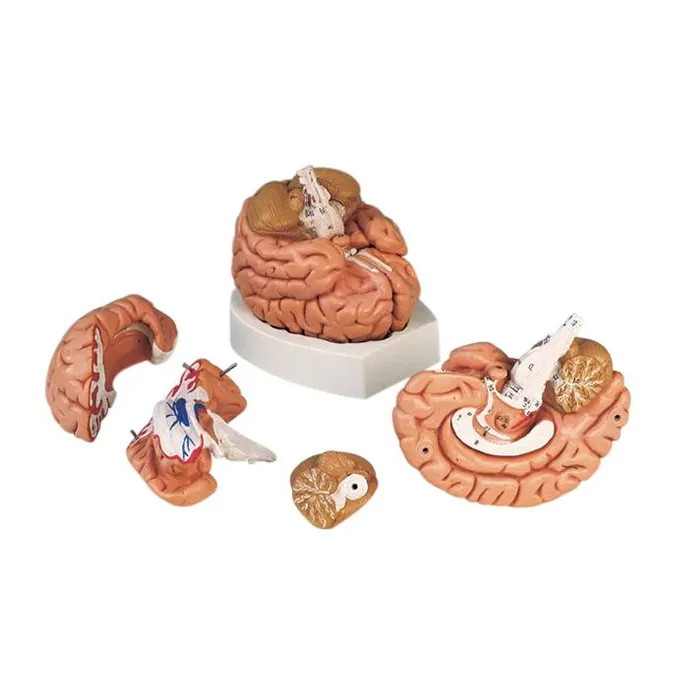Understanding Brain Fog Symptoms
Brain fog is a term commonly used to describe a feeling of mental cloudiness. This experience can drastically lower one’s quality of life. Individuals suffering from brain fog often describe a lack of mental clarity, inability to focus, and diminished motivation. Understanding brain fog symptoms helps to identify the underlying issues. It is crucial to explore the various aspects of brain fog. Addressing these symptoms can lead to better mental health and improved daily functioning.
Common Symptoms of Brain Fog
Recognizing brain fog symptoms is the first step toward managing it effectively. Many individuals report difficulties with concentration. This lack of focus may hinder productivity at work or during daily activities. Additionally, forgetfulness is a prevalent symptom. Simple tasks, such as remembering names or appointments, can become increasingly challenging. Many people also experience mental fatigue. This fatigue often feels overwhelming and unrelenting.
In addition to concentration and forgetfulness, brain fog symptoms often include confusion. Situations that normally seem straightforward can feel perplexing. Moreover, individuals might struggle to complete tasks they usually handle well. This overwhelming sensation can lead to frustration and anxiety. Alongside confusion, irritability is a widespread symptom of brain fog. Minor irritations can trigger strong emotional responses.
Sleep disturbances may also play a significant role in brain fog. Poor quality of sleep can deepen the feeling of mental fogginess. Fatigue not only affects cognitive function but can also disrupt emotional well-being. Poor sleep hygiene further exacerbates these challenges, leading to a cycle of discomfort. Understanding how sleep affects brain health is crucial in addressing these challenges. As individuals struggle with these symptoms, their mental health may begin to suffer further.
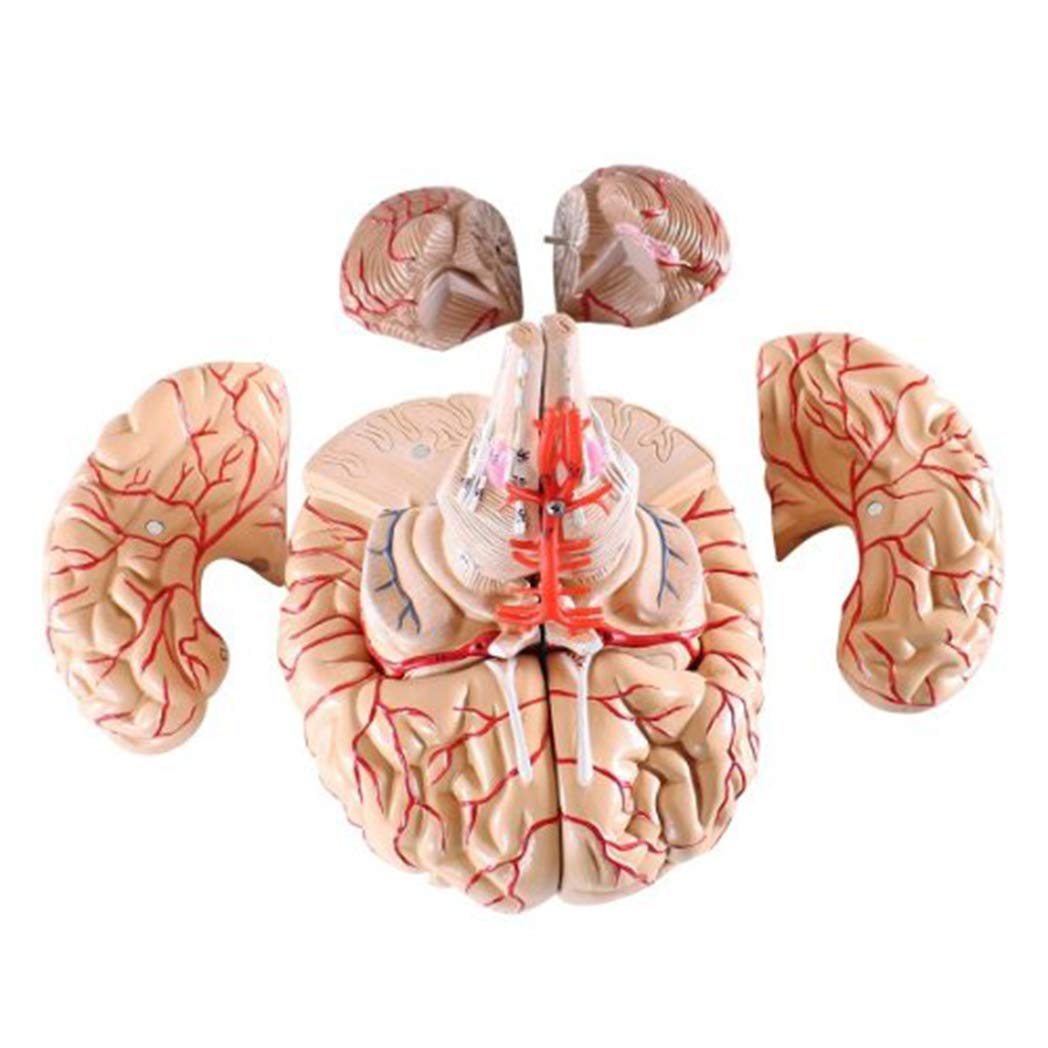
Causes of Brain Fog
Identifying the causes of brain fog can be an enlightening process. Many lifestyle factors contribute to feelings of mental cloudiness. Stress is one major contributor. Chronic stress can lead to hormonal imbalances that affect cognitive function. Consequently, finding ways to manage stress is imperative. Techniques such as mindfulness and relaxation exercises can make a significant difference. Regular physical activity also helps alleviate stress and improve overall mental clarity.
Another possible cause is nutritional deficiencies. Essential vitamins and minerals, such as B vitamins, play vital roles in cognitive function. If the body lacks these nutrients, brain fog symptoms may worsen. Ensuring a balanced diet with proper nutrients can combat this issue. Regularly consuming fruits, vegetables, and whole grains can help improve cognitive health. Staying hydrated is equally important. Dehydration often leads to mental fatigue and diminished concentration.
Medical conditions can also contribute to brain fog symptoms. Conditions like hypothyroidism, lupus, or fibromyalgia often lead to cognitive dysfunction. Additionally, mental health issues, such as anxiety and depression, are frequently intertwined with brain fog. Treating underlying health conditions is essential for alleviating brain fog. Consulting a healthcare professional can provide valuable insights into potential treatment options. Engaging in conversations about mental health can illuminate paths to improved well-being.
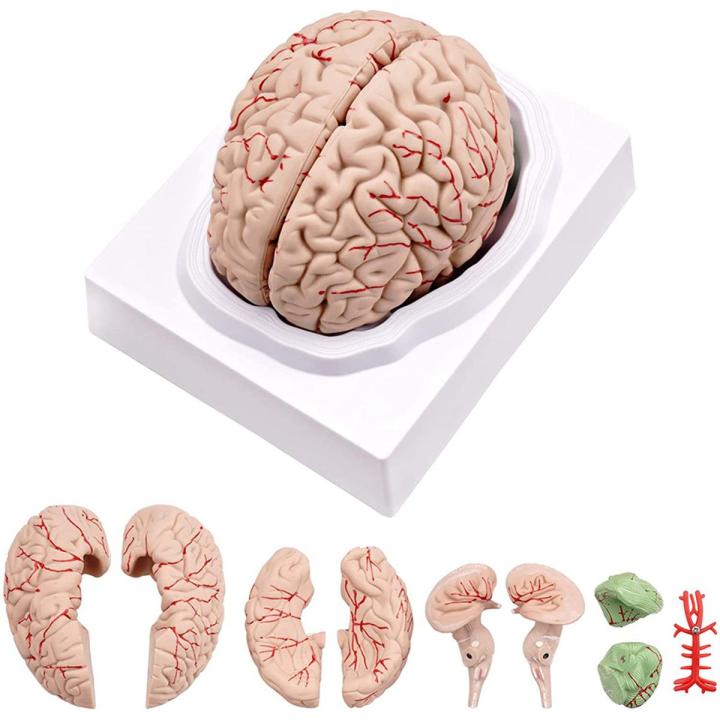
How to Manage Brain Fog
Managing brain fog requires a holistic approach. Understanding the factors contributing to symptoms is the first step. Implementing lifestyle modifications can yield significant improvements. For instance, incorporating regular exercise can boost both mood and cognitive function. Movement stimulates blood flow and increases energy levels. Aim for at least 30 minutes of physical activity most days. This could involve walking, cycling, or participating in a preferred sport.
Establishing a healthy sleep routine is vital for those experiencing brain fog. Prioritize sleep hygiene by maintaining a consistent bedtime. Limiting screen time before bed can also enhance sleep quality. Creating a comfortable sleep environment can lead to more restful nights. Additionally, practicing relaxation techniques such as yoga or meditation can significantly help. These practices promote both physical and mental relaxation.
Furthermore, it is crucial to evaluate dietary habits. Reducing sugar and processed foods can result in smoother energy levels throughout the day. Instead, focus on consuming whole foods rich in essential nutrients. Meals that combine protein, healthy fats, and complex carbohydrates can stabilize energy. Additionally, moderating caffeine intake can prevent feelings of anxiety. Staying properly hydrated throughout the day will also support cognitive health.
Recognizing the Impact of Technology
In today’s digital age, technology significantly influences brain fog symptoms. Excessive screen time can lead to increased cognitive overload. Engaging with multiple devices can fragment attention, leading to difficulties in focus. This scattered attention can contribute to feelings of confusion. Setting boundaries around technology usage can counteract these effects. Consider designating specific times for social media and digital interactions. This simple adjustment can minimize distractions and promote mental clarity.
Moreover, the quality of information consumed plays a vital role. Constant exposure to fast-paced news and social updates can lead to cognitive fatigue. Carefully curating information sources can help alleviate distress. Prioritizing educational content over sensational material supports mental health. Engaging in deep work and focused tasks will foster improved cognitive function. Limiting multitasking will also provide a substantial benefit to mental clarity.
Fostering strong interpersonal connections can also counteract brain fog. Engaging in real-life conversations can enhance cognitive function. Social interactions stimulate the brain, enhancing mood and mental clarity. Practicing active listening in conversations can further boost cognitive abilities. In summary, reducing technology use and focusing on quality interactions can support mental clarity.
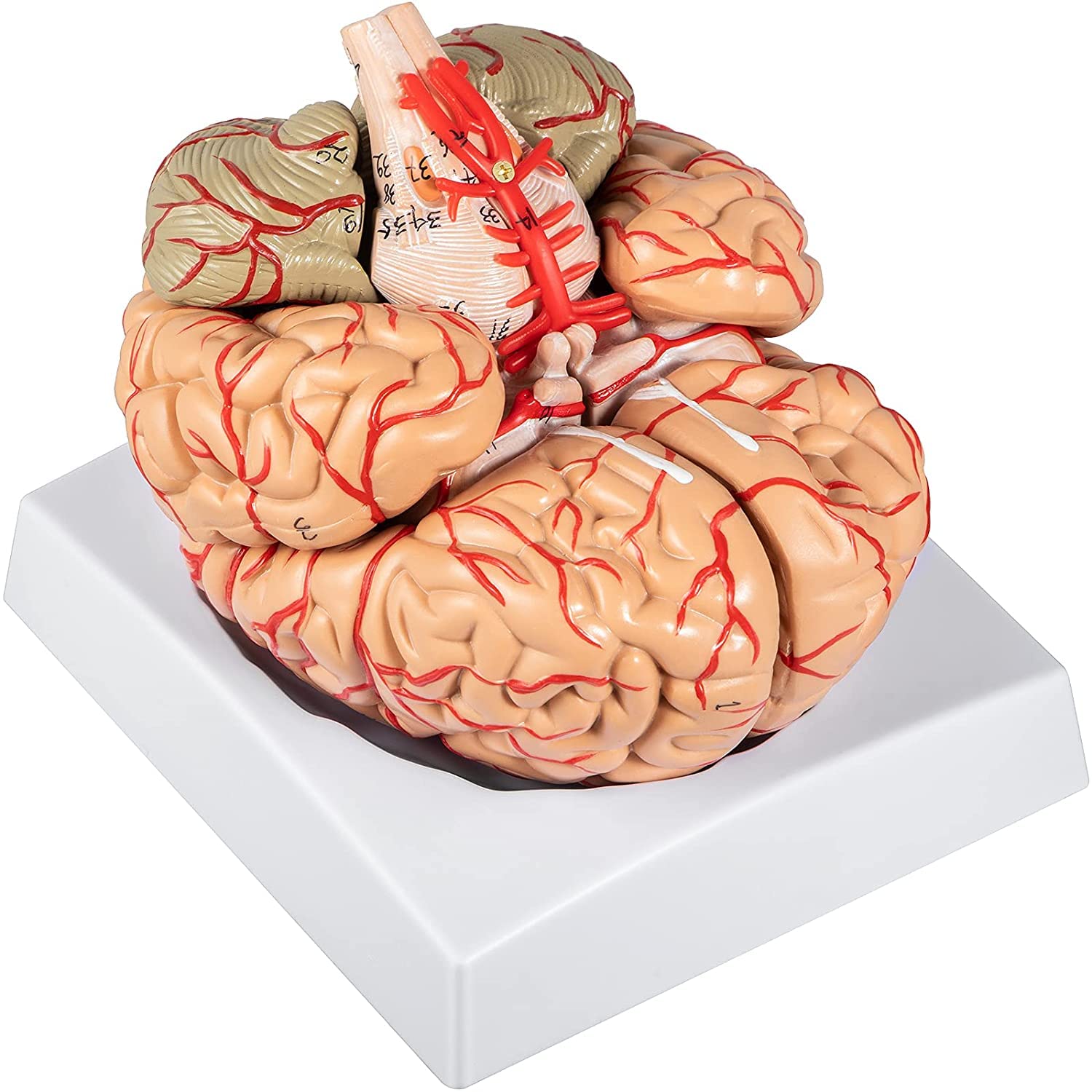
Seeking Professional Help
For those struggling with brain fog symptoms, seeking professional help is crucial. Consulting with a healthcare professional can provide critical insights. A thorough evaluation may identify underlying medical conditions affecting mental clarity. Testing for deficiencies or hormonal imbalances can lead to tailored treatment plans. Treating mental health issues directly associated with brain fog is also essential. Therapy can offer invaluable strategies for coping and processing emotions.
Moreover, dietary consultations may help manage brain fog symptoms. Nutritionists can evaluate eating habits and suggest improvements. Establishing a balanced diet tailored to individual needs can greatly enhance cognitive function. Engaging with wellness coaches can also shine a light on healthy lifestyle choices. These professionals can create individualized plans that promote mental clarity.
Incorporating mindfulness practices into daily life can significantly benefit brain health. Mindfulness training can enhance concentration and emotional regulation. Regular meditation and focused breathing exercises can reduce stress levels. This practice may ultimately combat feelings associated with brain fog. Group sessions or yoga classes can also promote social connections. Engaging in shared activities can support mental well-being, leading to improved clarity.
The Importance of Routine
Establishing a daily routine can help manage brain fog symptoms effectively. Routines provide structure and predictability to daily lives. This predictability can significantly alleviate feelings of overwhelm. Begin by identifying the essential tasks of the day. Create a prioritized list that clarifies responsibilities. Breaking down larger tasks into smaller, manageable steps can help reduce anxiety. Completing routine tasks can foster a sense of accomplishment.
Consistency in daily activities, such as meal times and sleep schedules, can also enhance mental clarity. Establishing regular meals helps stabilize energy levels throughout the day. Avoiding excessive snacking and late-night eating can improve sleep quality. Consistent sleep-wake cycles lead to better overall cognitive function. This consistency prevents the feelings of grogginess often linked to disrupted sleep habits.
Incorporating brief breaks into the daily routine is also vital. Taking short, timed breaks allows the brain to recharge. Engage in activities like stretching or simple walks during these pauses. These mini-breaks can increase productivity while improving overall mental well-being. A well-structured routine, filled with breaks, supports a healthier mindset.
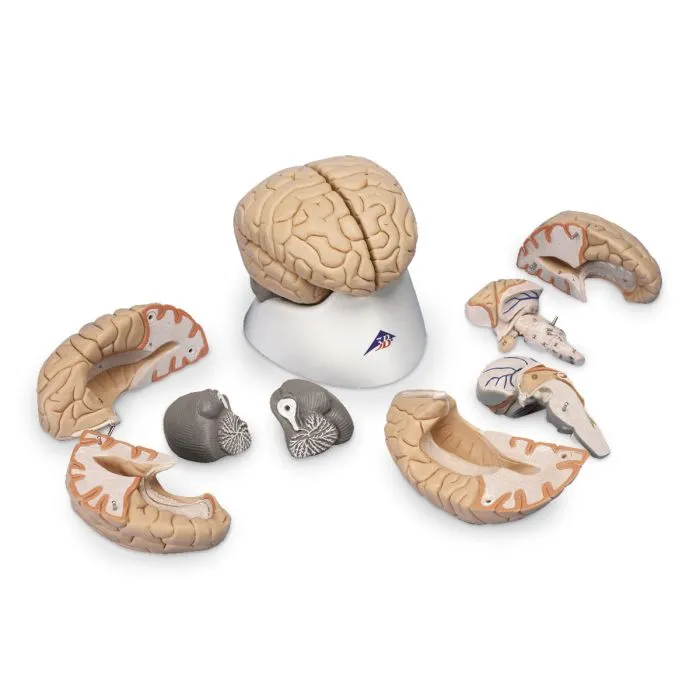
Mental Exercises and Brain Training
Incorporating mental exercises can bolster cognitive function. Engaging in puzzles, memory games, or brain-training apps can help sharpen focus. This active engagement stimulates pathways in the brain. Over time, individuals may notice improvements in clarity and memory retention. Consistent practice is key to seeing results.
Additionally, mindfulness techniques can assist in enhancing focus. Mindfulness meditation encourages being present in the moment. It helps reduce anxiety and allows for deeper cognitive processing. Incorporating brief mindfulness exercises throughout the day can help manage symptoms of brain fog.
Social interaction can also significantly affect cognitive health. Engaging in meaningful conversations and activities stimulates mental processes. This social engagement fosters emotional well-being. Individuals are more likely to experience improved mental clarity when actively participating in their community.
Conclusion
In conclusion, understanding brain fog symptoms is crucial for addressing this common condition. The path to improvement often involves identifying causes and implementing effective strategies. It requires a multifaceted approach, including lifestyle changes, professional support, and mental exercises. Addressing nutrition, hydration, and sleep is vital for cognitive function.
Seeking help from healthcare providers ensures that underlying issues are addressed. Additionally, employing mindfulness techniques and mental exercises can enhance focus. Encouraging social interaction creates a sense of community and support. Managing brain fog symptoms leads to improved quality of life and overall well-being.
By comprehensively understanding and tackling brain fog, individuals can regain cognitive clarity. It is vital to remain proactive and adaptable. This journey toward mental wellness can enhance daily productivity and emotional resilience. Ultimately, reducing brain fog allows individuals to thrive in their daily lives.
